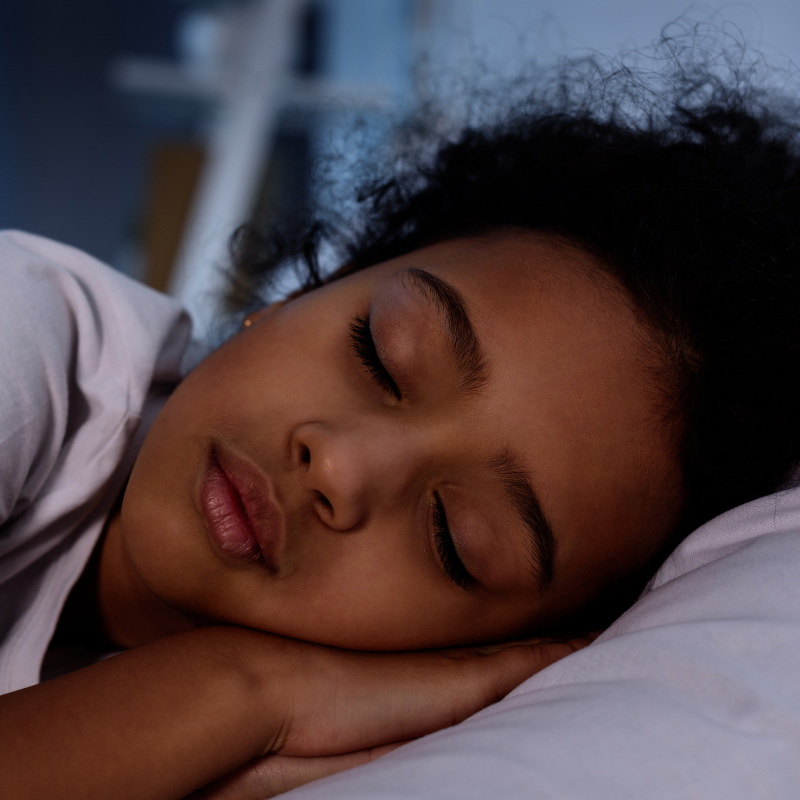
We’ve all heard the question: “Is bub sleeping through the night yet?”
For a lot of the exhausted families I meet, this is actually a really unhelpful question because it gives them the idea that their newborn should be going down to sleep at 6pm and not waking up until 12 hours later, and when that doesn’t happen, they worry that something’s wrong.
The truth is even adults don’t sleep for the entire night without waking.
To understand this in more detail, let’s look at the basics behind human sleep.
For all humans, regardless of their age, sleep is crucial for survival. While we sleep, our bodies and brains are busy growing, developing, repairing and restoring. We develop rapidly during childhood and adolescence, which is why babies, children and teenagers need more sleep than adults.
Another thing we have in common is that all humans sleep in cycles, and these cycles vary in length depending on our age. A baby or toddler’s sleep cycle is about 45 minutes long. When they’re around three years old, they tend to sleep in cycles of around 60 minutes. And by the age of five, their sleep cycles tend to be about 90 minutes long – the same as an adult’s.
Each sleep cycle is made up of different types of sleep: non-REM sleep, or what we call ‘deep’ sleep, and REM sleep, AKA ‘light’ sleep. Both kinds of sleep are important.
During deep sleep, you’ll notice your little one lying still and breathing slowly. This is when they’re sleeping soundly.
During light sleep, however, you may notice your baby or child moving more, breathing more rapidly, making noises and even opening their eyes. What often happens here is we think our little ones are awake – but they’re not!
At the end of each sleep cycle, all of us become more alert very briefly before we enter the next sleep cycle.
Newborns tend to drift into the next sleep cycle easily unless they’re hungry – in which case, they’ll wake fully for a feed. Around 4 months old, sleep cycles start to evolve, and the arousal period at the end of each one is more pronounced. It’s at this point that they’re more likely to wake up fully after one sleep cycle if the foundations aren’t in place for them to settle themselves back to sleep.
So, now we understand a bit about how babies and children sleep, we can go back to the definition of ‘sleeping through the night’. You know that everyone goes through that period of arousal at the end of each sleep cycle, so sleeping through the night isn’t about sleeping for 12 hours straight without waking at all. When I talk about a baby or child sleeping through the night, I mean being able to enter the next sleep cycle independently – without your help or needing to be fed.
So, when can we expect this to start happening? Well, a healthy little one’s only going to stop waking to feed overnight if they’ve had the calories they need during the day – in the form of breast or bottle feeds plus solid meals. This is usually doable when they’re around 6 or 7 months old. After that, it’s all about making sure that the other safe sleep foundations –such as an environment that supports peaceful sleep – are in place.
The information in this Blog Article relates to healthy babies and children with no undiagnosed, untreated medical issues or concerns. If you have any concerns about the health of the baby or child in your care, please see their GP or paediatrician.
For more sensible, straightforward, safe advice and resources on getting your family the sleep you all deserve, explore my website – sleepbysteph.com.au